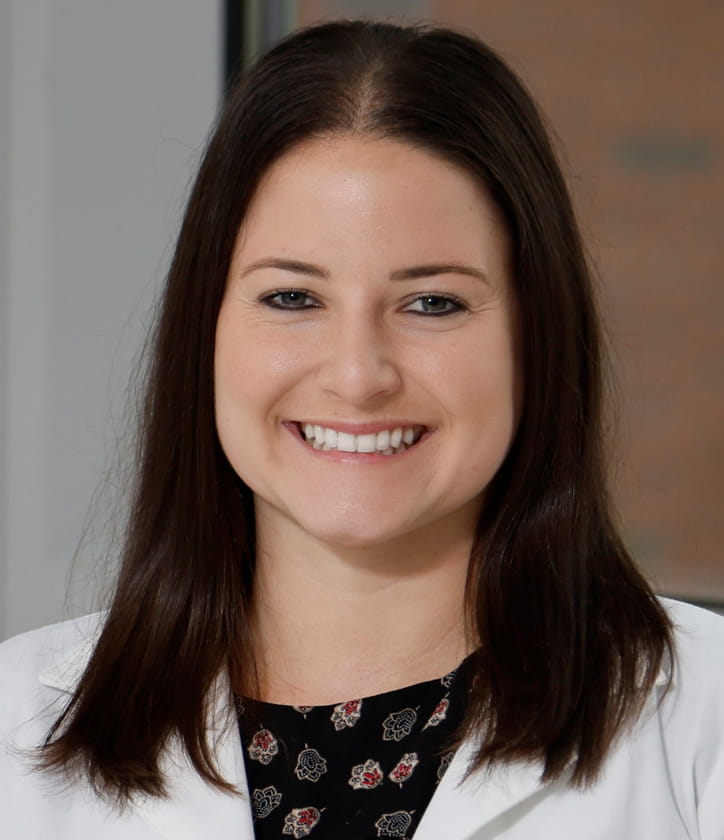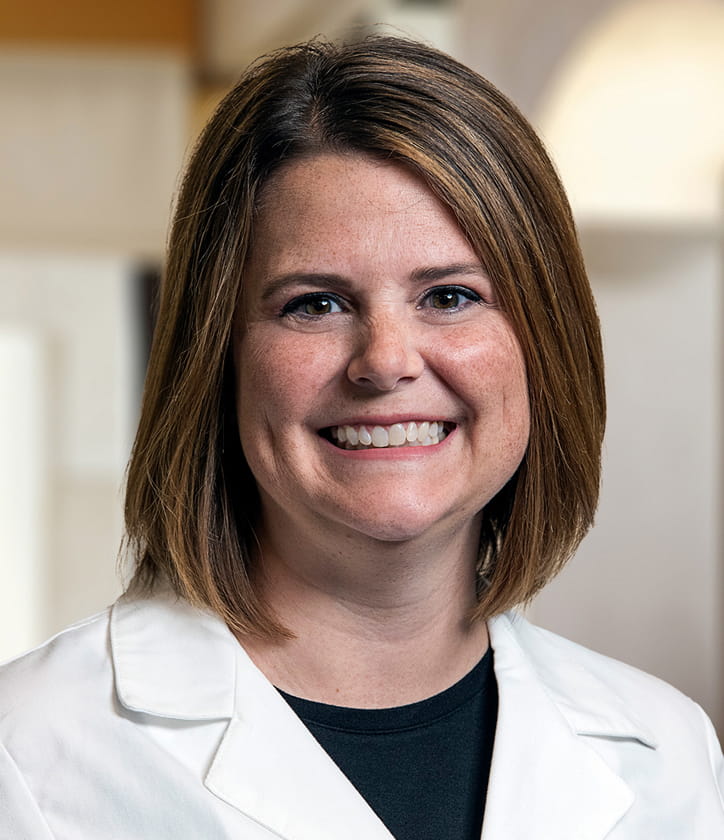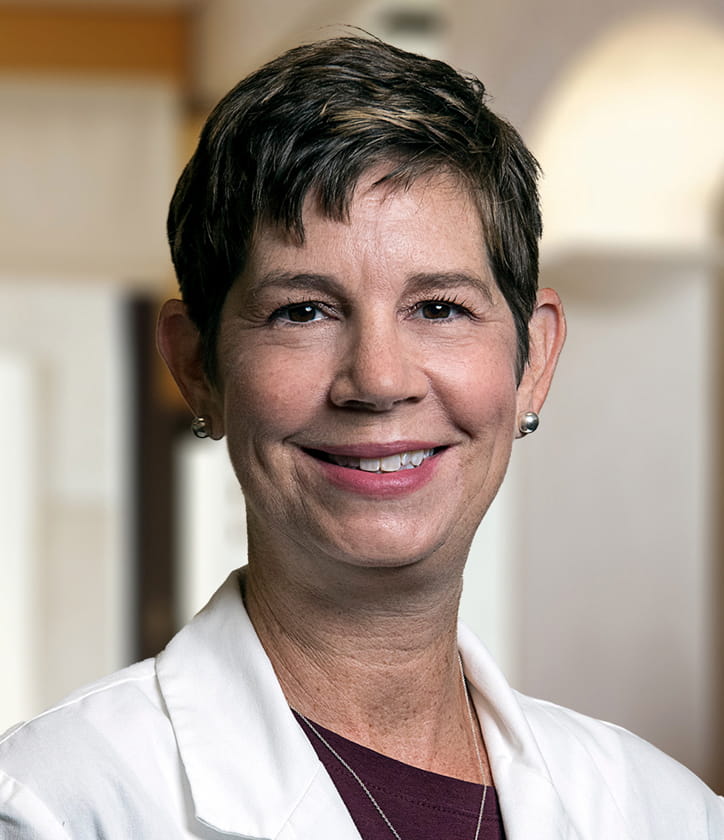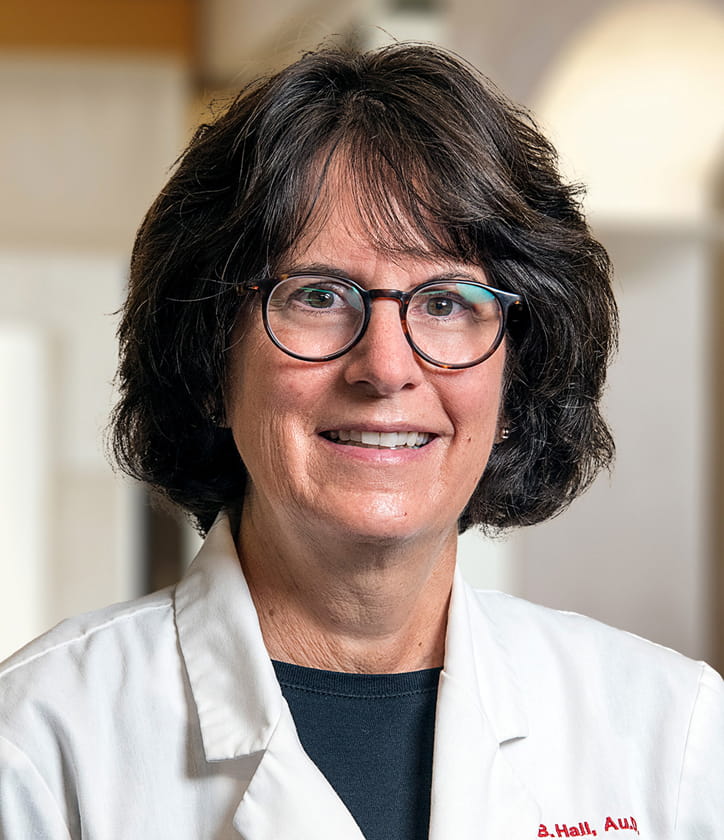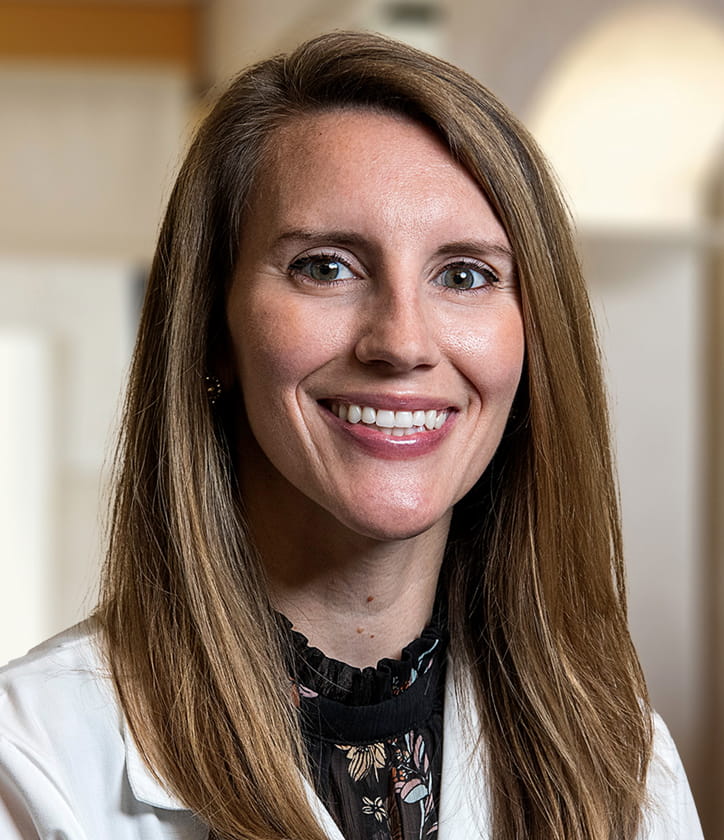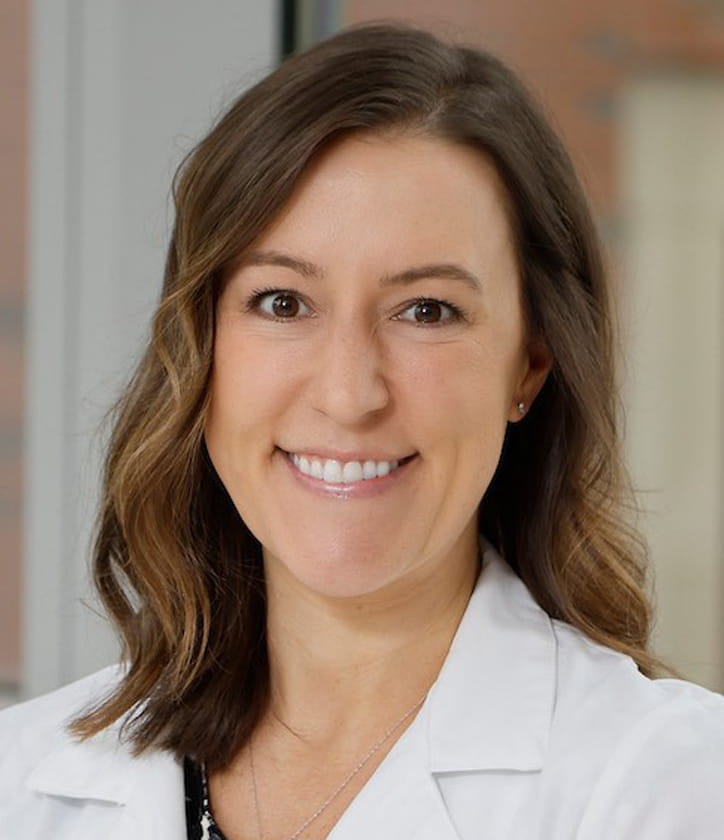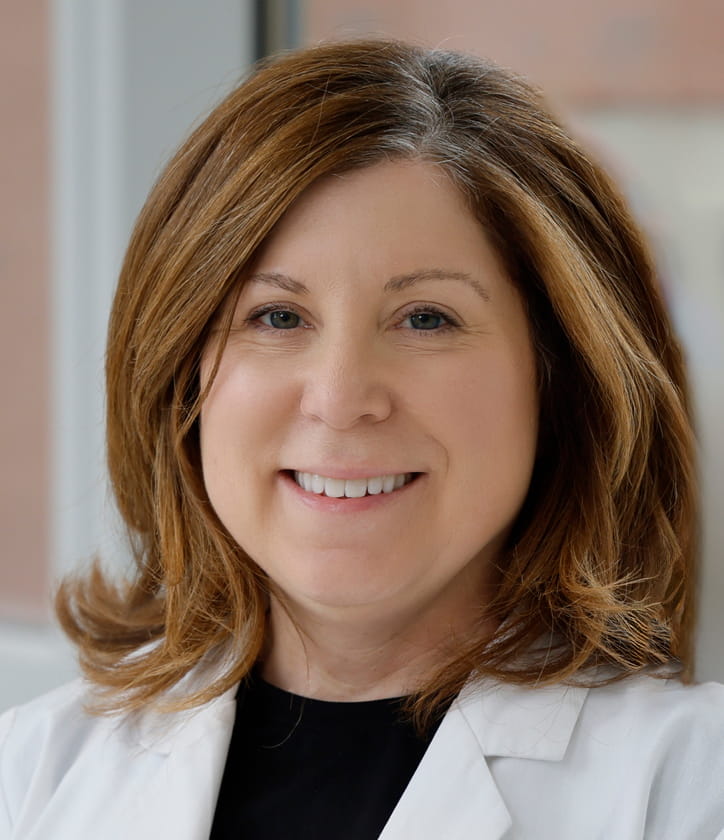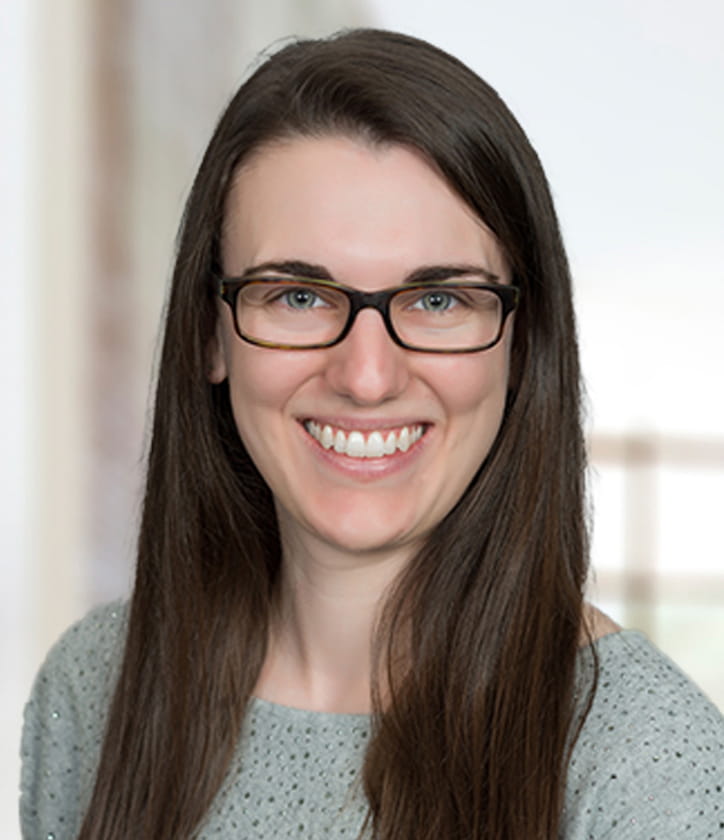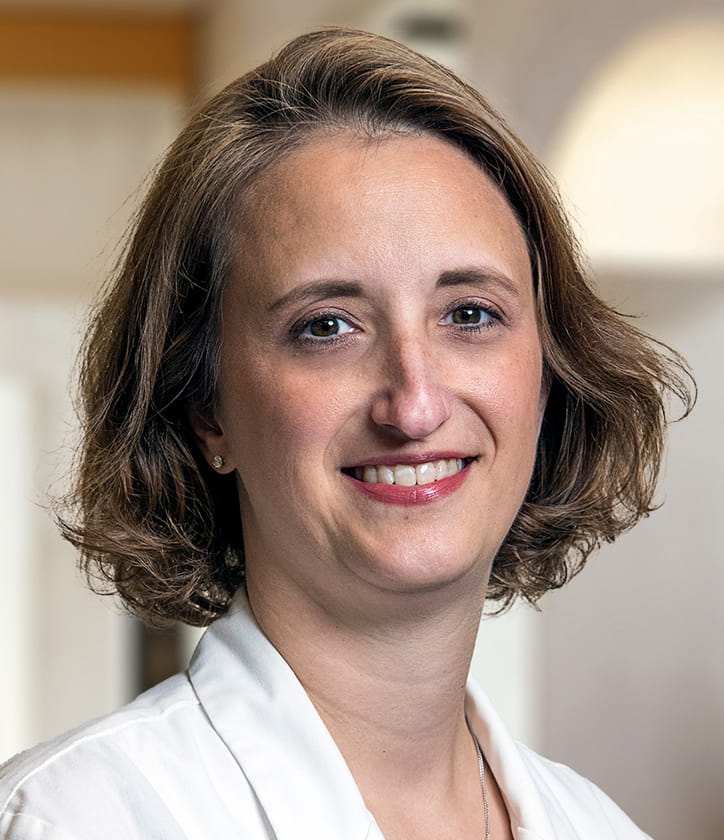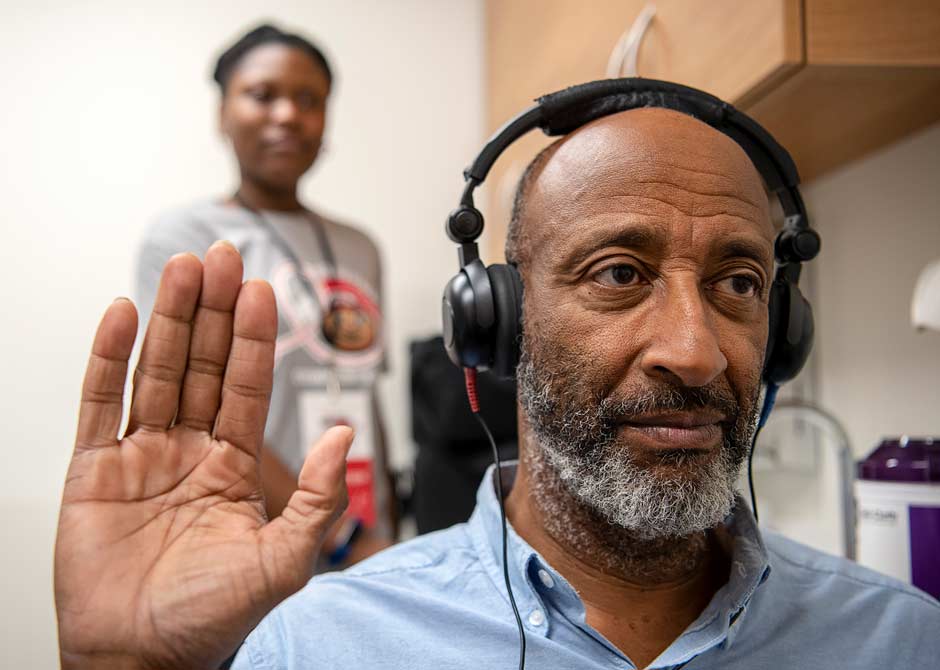 If you’re struggling to participate in conversations or feel like everything is happening too fast during social events, you may have hearing loss. The best way to find out is to take a hearing test professionally administered by an audiologist.
If you’re struggling to participate in conversations or feel like everything is happening too fast during social events, you may have hearing loss. The best way to find out is to take a hearing test professionally administered by an audiologist.
We offer a variety of hearing tests at The Ohio State University Wexner Medical Center in Columbus, Ohio, performed by our expert audiologists who are committed to providing the most complete hearing care possible.
If you’re diagnosed with hearing loss, we’ll work with you to find the best way to manage it, whether that’s with hearing aids, cochlear implants, bone-anchored implants or some other device. If your hearing loss is due to a treatable medical condition, we’ll also collaborate with the ear, nose and throat (ENT) physicians in the Department of Otolaryngology – Head and Neck Surgery.
What to expect during a hearing test
When you visit the audiologist, you’ll receive a complete examination of your ears to check for any structural issues. The audiologist will also conduct a range of hearing tests and evaluations, depending on your needs and the level of your hearing loss. Here are some things to expect:
- A hearing test is painless.
- Exams are conducted in soundproofed areas to eliminate background noise.
- They last about 30 minutes.
- You’ll wear headphones.
- The audiologist will play tones that vary in pitch, volume and frequency.
- You’ll listen to spoken words, at varying volumes, transmitted into each ear. Sometimes, the audiologist will ask you to repeat back those words.
The examination results will show whether you can pick up on both low-pitched and high-pitched sounds, as well as identify any potential hearing variations between your left and right ear.
Types of hearing tests
Because the ability to hear clearly is so vital to your well-being, we have various types of evaluations that allow us to identify certain causes of hearing loss, as well as determine the degree to which your hearing ability has been affected. Types of hearing tests include:
Audiometric hearing evaluations: During this pure tone audiogram, you’ll listen to tones presented through headphones or insert earphones, and your answer (as to whether you can hear it) is signified by pressing a button or raising your hand. Children may reply by picking up bright objects. You may also be asked to repeat back words you hear through the earphones.
Auditory brainstem responses (ABR): The auditory brainstem response (ABR) is a neurological evaluation designed to determine hearing thresholds in those who find the traditional method of testing difficult, such as children. The ABR can also detect any irregularities within the auditory nerve and corresponding pathways leading to the brainstem. To conduct this test, electrodes are attached to the head. The electrodes then pick up neural activity prompted by sound waves.
Cochlear implant evaluations: To determine if you are a candidate for cochlear implants, an initial evaluation by an audiologist will test your hearing ability both with and without hearing aids. This may take several visits.
Hearing aid evaluations: Your audiologist will take time to get familiar with your lifestyle, your goals and your biggest difficulties with hearing. Working together, you both can pick out an ideal device that caters specifically to your needs and budget.
High-frequency audiometry: This type of audiometry test assesses your ability to hear the ultra-high frequency range from 10000 hertz (Hz) to 20000 Hz. It’s usually used to assess people who had chemotherapy treatments in the past or are currently receiving chemotherapy treatments.
Otoacoustic emission tests: Sounds that originate from the cochlea (the inner ear) can be used to assess its performance, as well as the health of the hair cells in your inner ear. The most precise method for measuring this capability is by inserting a particularly sensitive microphone in your ear canal.
Ototoxicity monitoring: Ototoxic drugs are medications that can cause damage that negatively affects the ability to hear higher frequencies and eventually lower ones as well. Monitoring while taking these types of medications and the symptoms they cause is very important.
Tympanometry: This test uses a tiny probe to evaluate the effectiveness of the middle ear system, particularly the eardrum (tympanic membrane).
How to read your hearing test results
Degrees of hearing damage found during a hearing test will be specified using decibel (dB) measurements. When you look at your test results, you can determine the degree of hearing damage based on the following criteria:
- Mild hearing loss: 21 dB to 40 dB
- Moderate hearing loss: 41 dB to 55 dB
- Moderate-to-severe hearing loss: 56 dB to 70 dB
- Severe hearing loss: 71 dB to 90 dB
- Profound hearing loss: 91 dB or greater
Additional Information
How would you like to schedule?
Don’t have MyChart? Create an account


